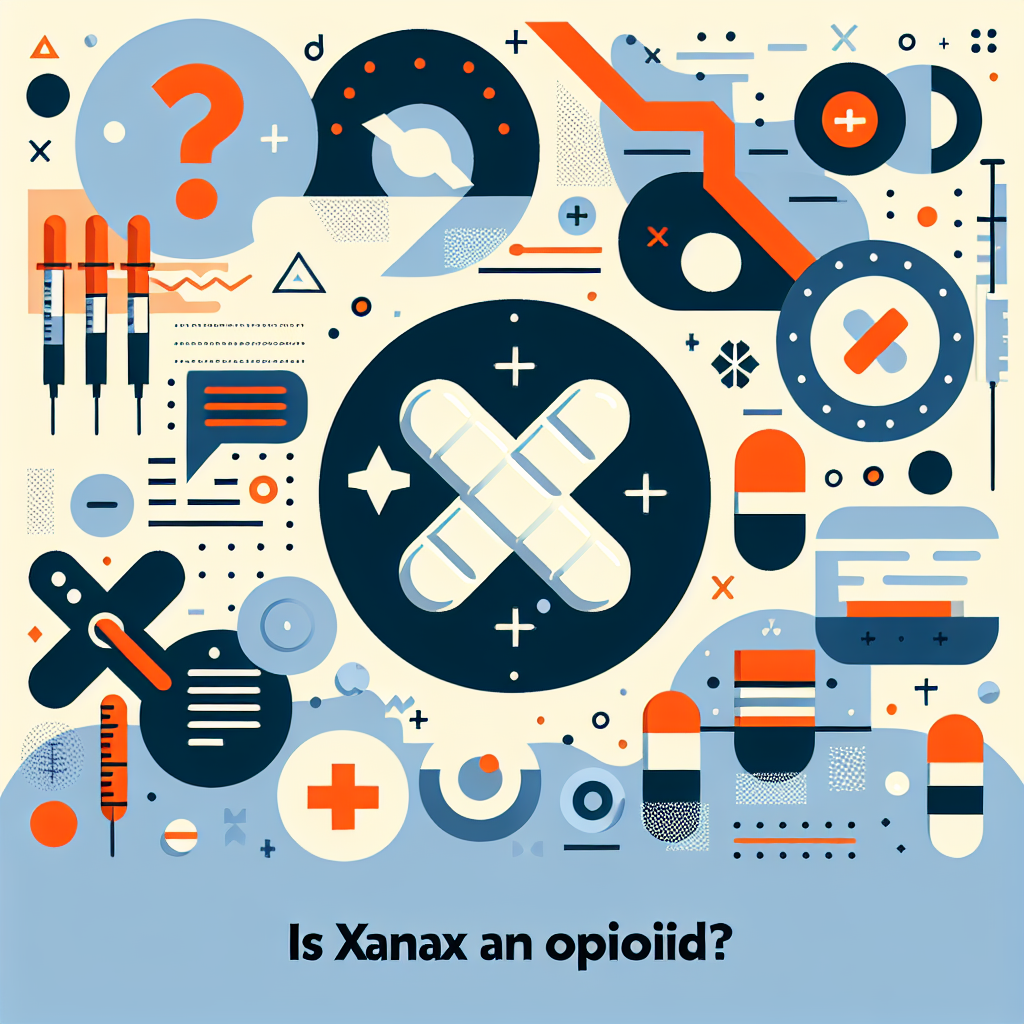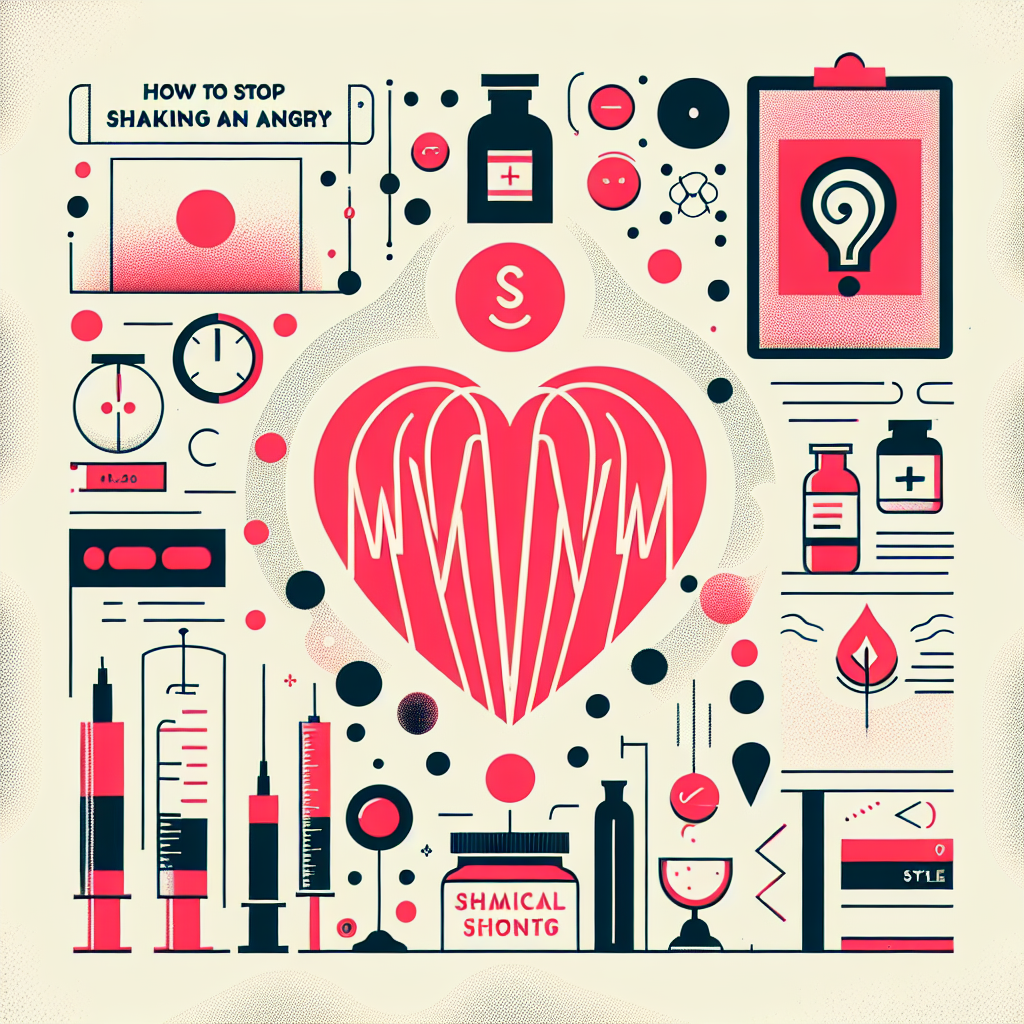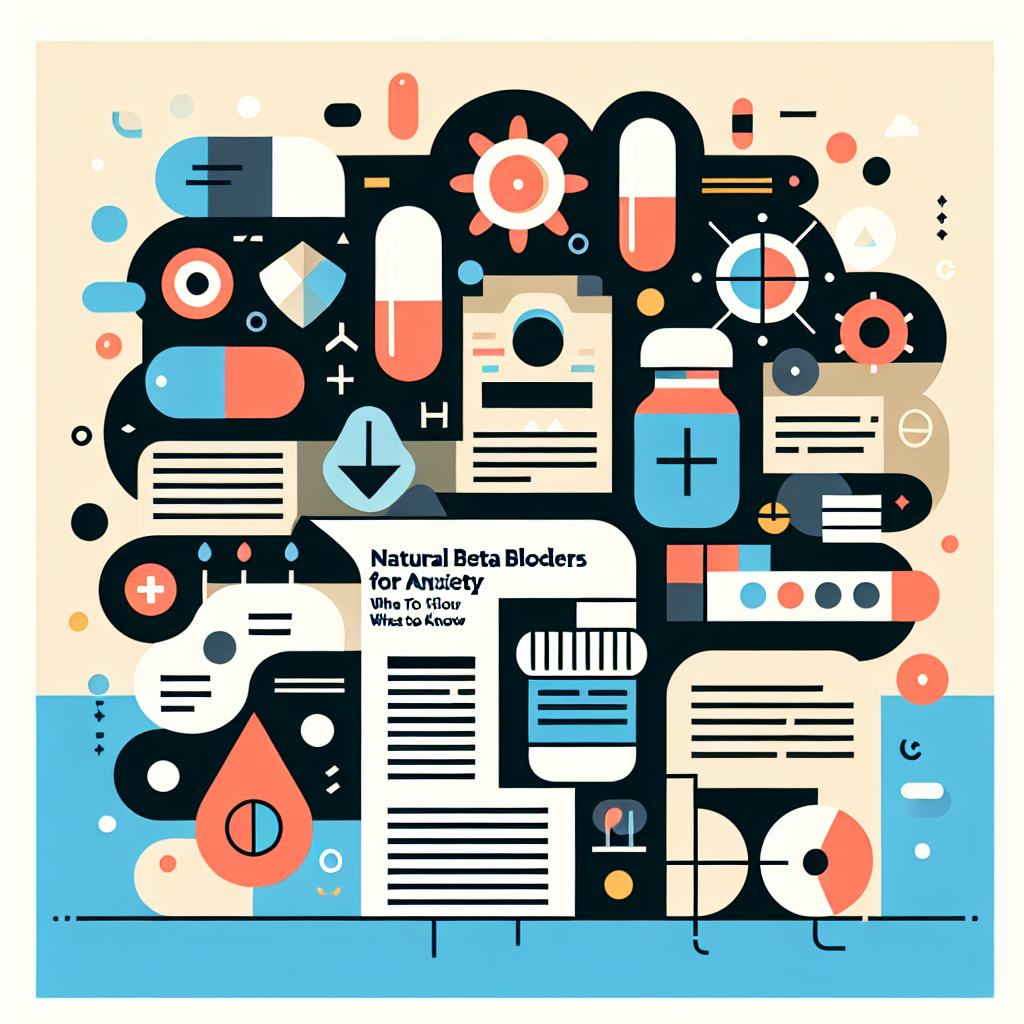Confusion about medication classes is common — people often ask “is xanax a n opioid” when they hear about overdose risks and dependence. Xanax is a brand name for alprazolam, which belongs to the benzodiazepine family. That places it in a different drug class than opioids. This article explains how benzodiazepines work, why they are not the same as opiates or opioid drugs, and what to know about mixing substances or seeking alternatives.
Is Xanax an opioid drug?
Xanax, like other benzodiazepines, acts on GABA receptors in the brain to produce calming and sedative effects. Many people ask questions such as are benzodiazepines narcotics or whether common anti-anxiety drugs are considered opiates. The short answer is that benzodiazepines are not narcotics in the classic sense of opioid pain relievers; they belong to a separate class with distinct mechanisms and risks.
How benzodiazepines differ from opioids
Opioids (also called opiates when derived from opium) target opioid receptors and are primarily used for pain relief. Benzodiazepines like Xanax, Valium, Ativan, and lorazepam work by enhancing the effect of the inhibitory neurotransmitter GABA. For clarity, people often ask is ativan an opiate or is lorazepam an opioid — the answer in both cases is no. Ativan (lorazepam) is a benzodiazepine, not an opioid.
Common questions about related drugs
Because brand names and classes overlap in conversation, you may see questions like is valium an opiate drug or is valium an opioid. Valium (diazepam) is also a benzodiazepine and not an opioid. Similarly, phrases such as is xanax an opiate drug, is xanax an opioid drug, xanax an opioid, and xanax is an opiate appear frequently in searches; each of these reflects concern about classification, but chemically and clinically Xanax is not in the opioid family.
It’s important to note that although benzodiazepines are not opioids, combining them with opioids or alcohol greatly increases the risk of respiratory depression and overdose. That is why medical providers screen for concurrent use and advise caution.
Risks, dependence, and safe use
Benzodiazepines can produce physical dependence and withdrawal symptoms if used long-term or stopped abruptly. While their mechanism differs from opioid dependence, the withdrawal syndrome can still be severe, including rebound anxiety, insomnia, and in some cases seizures. That is why prescribers often recommend tapering schedules. If you or someone you know is asking whether stopping Xanax suddenly is safe, consult a medical professional before changing dosing.
Because of interactions and combined risk, clinicians may ask about opioid prescriptions when prescribing benzodiazepines. If you are taking pain medication or have a history of opioid use, discuss risks openly with your provider.
Alternatives and additional resources
For people exploring other options for anxiety management, there are behavioral approaches, non-benzodiazepine medications, and sometimes over-the-counter supports to consider. If you want a succinct comparison of prescription options and non-prescription approaches, see this resource: descriptive anchor text.
For detailed pharmacology and the regulatory perspective on alprazolam (Xanax), a reliable overview is available in the professional literature and public resources such as the Wikipedia page on alprazolam: Alprazolam (Xanax) — Wikipedia.
When to seek help
If you experience excessive sedation, breathing problems, confusion, or accidental mixing of medicines, seek medical care immediately. If you are considering stopping benzodiazepines after long-term use, consult your clinician about a safe tapering plan. Addiction specialists, psychiatrists, and primary care providers can help develop alternatives and support gradual reductions.
- Takeaways: Benzodiazepines and opioids are different drug classes with different mechanisms.
- Takeaways: Questions like are benzodiazepines narcotics or is valium an opioid reflect common confusion; Valium, Ativan, Xanax, and lorazepam are benzodiazepines, not opiates or opioids.
- Takeaways: Mixing benzodiazepines with opioids or alcohol is dangerous and increases overdose risk.
- Takeaways: If considering stopping these medications, follow a clinician-guided taper to reduce withdrawal risk.
FAQ — Is Xanax an opioid?
Q: Does Xanax act like opioid painkillers?
A: No. Xanax is a benzodiazepine that enhances GABA activity and is prescribed mainly for anxiety and panic disorders, not pain relief.
FAQ — Can benzodiazepines be addicting?
Q: Are benzodiazepines addictive?
A: Yes, they can cause physical dependence and withdrawal symptoms. Long-term use carries risk, so clinicians typically prescribe the lowest effective dose for the shortest duration needed.
FAQ — What about mixing with opioids?
Q: Is it safe to combine benzodiazepines with opioids?
A: Combining the two increases the risk of serious respiratory depression and overdose. Avoid co-use unless closely supervised by a healthcare provider and consider alternatives where possible.






